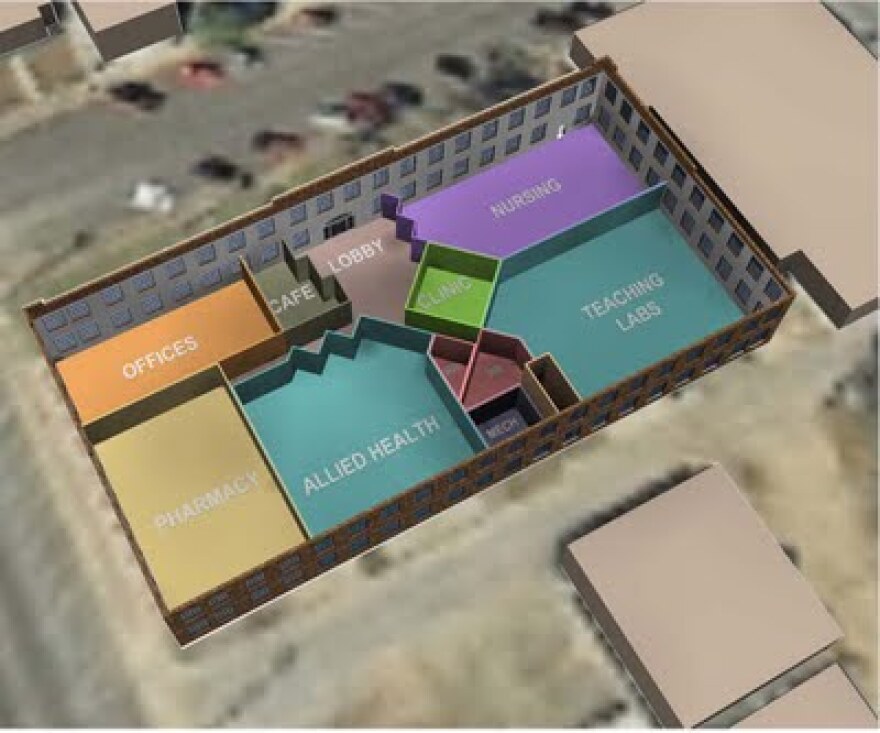Governor Rick Scott has signed off on the state’s $70 billion budget for the upcoming fiscal year and also handed down $142 million worth of spending vetoes. Several regional projects for Leon and surrounding counties were struck from the state budget and as Lynn Hatter reports, local officials are wondering where the Governor’s priorities really are.
In considering what to veto, Governor Rick Scott says he took several factors into consideration.
“Is it a statewide project or is it a local project? Is it something that will help all citizens? Is it something that we can feel comfortable that we’re getting a return on our investment.”
If the item was a local project, chances are, it may have been tossed from the state budget. But officials from the Big Bend say, just because a project doesn’t affect the entire state, doesn’t mean it’s not worthwhile.
Take for example the Governor’s decision to strike a $200,000 allocation for Gadsden County to purchase a mobile health unit.
“This unit can do so much. And unfortunately, the Governor didn’t see fit to help those who really need it the most.”
That’s Representative Alan Williams (D-Tallahassee), who represents parts of Gadsden and Leon Counties. Gadsden is one of the poorest counties in the state. A study by the University of Wisconsin and the Robert Wood Johnson foundation ranked Gadsden near the bottom of the list of counties in the state for worst health outcomes in almost every category imaginable: from infant mortality, to diabetes and obesity. The mobile health unit would have brought some primary care to the most rural parts of the county, and to people who may not have had access to any healthcare at all.
“We know folks don’t like to go to the doctor. So we have to take the doctor, in some cases, to the people. And that’s what this unit would have done.”
Many of the Governor’s vetoes affect smaller, rural counties. Those without the tax base to support large infrastructure projects. Also hit was the Panhandle Area Educational Consortium. The group is made up of 14 small counties, from Walton to Madison. It handles things like curriculum management, group risk insurance and training for teachers. Wakulla School Superintendent David Miller heads the group. And he says it provides services that the smaller districts wouldn’t be able to afford on their own.
“It’s an economy of scale issue, and that’s why these consortium have been funded for years. It’s in statute. It’s unheard of that these dollars would be vetoed. It makes no sense at all, its short-sighted, and it’s going to make the have’s have more, and the have-not’s have less, and it’s short-sighted in my opinion.”
Students are taking a harder state standardized test this week in preparation for a nationalized curriculum that will be in place in the majority of states by 2015. In order to get students ready for those new tests, teachers will have to be retrained. The consortium would have been in charge of that training.
Included in the Governor’s list of vetoes was $1.5 million for Florida A&M University’s Crestview Pharmacy clinic, and a $350,000 dollar transfer to Florida State University’s Catastrophic Storm Risk Management Center. Money for security and infrastructure projects at the Gadsden County Courthouse was also vetoed.
To view the Governor's veto message, click here.
To see a complete list of the Governor's vetoes, click here.


